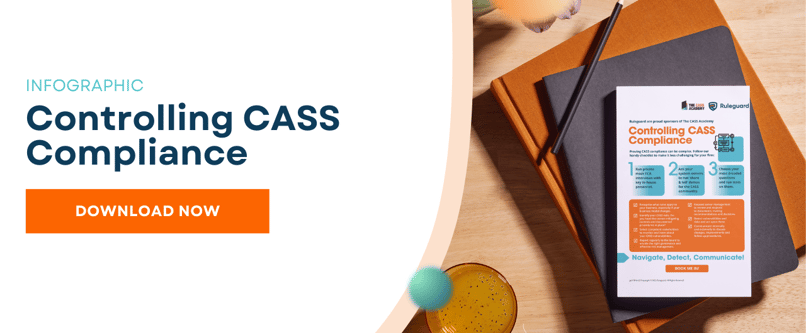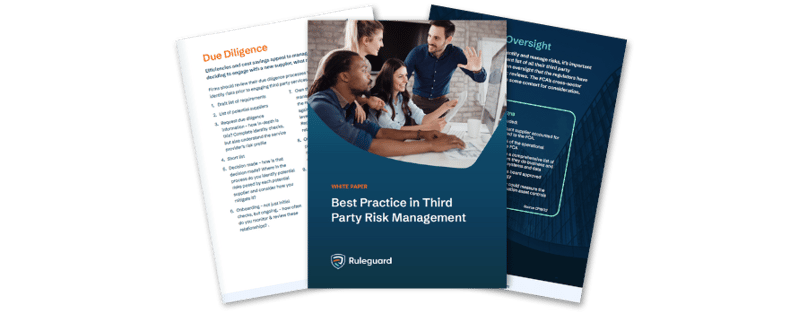%2024%20(1).png?width=150&height=161&name=Recognised%20CPD%20Badge%20(transparent)%2024%20(1).png)
How can firms help?
Financial Services is seen as a key player in helping the UK meet its sustainability objectives. Investments in the Environment, Social and Governance (ESG) markets has grown significantly as investor demand increases. According to FCA’s Financial Lives Survey, 70% of the UK public wanted their money to make a positive difference to people and the planet. The Investment Association’s data indicates that 49% of UK’s assets were integrating ESG into their investment processes.

The UK’s roadmap outlined key steps:
- Getting the right information to market participants
- Definition of ‘green’
- Stewardship of capital
Source: FCA DP21-4
Provision of Information:
The provision of the right information has been addressed by disclosure requirements. This means that firms provide information to all stakeholders perhaps via an annual report. Some firms do voluntarily publish information relating to sustainability, but there is inconsistency regarding content. The introduction of a sustainability disclosures regime aims to help the flow of comparable information to enable informed decision making.
- Sustainability Disclosure Requirements
- Sustainability Investment Labels
Sustainability Disclosure Requirements (SDR):
Under the SDR proposals, companies such as listed issuers, and asset managers would report on their sustainability risks, opportunities and impacts.
SDR also would require disclosure requirements relating to the UK Green Taxonomy. This is seen as the common framework setting the bar for investments that can be defined as environmentally sustainable. Also worth noting that the global baseline sustainability reporting standards being developed by the International Financial Reporting Standards (IFRS) Foundation's International Sustainability Standards Board (ISSB) will be core to the SDR framework.
Sustainable investment labels:
Under this initiative, some investment products will be required to display a label reflecting their sustainability characteristics. Drawing upon the FCA’s work both home and abroad, we can expect a further consultation during Q2 2022 on this matter. The aim is for the product labels to help consumers understand the sustainability features.
EU Sustainable Finance Disclosure Regulation (SFDR) also requires detailed disclosures at entity and product level. Firms would report on their sustainability risks and impacts. In the UK, the FCA plans to be consistent with the EU’s plans whilst also reflecting the UK’s own needs.
Defining ‘green’:
The lack of a common definition and the increasing number of products claiming to be climate friendly causes confusion and in some cases, leaves the FS sector open to criticism. The UK plans to implement its Green Taxonomy ensuring :
- Robust and evidence-based approach to assessing sustainability
- Accessible information provided to investors without disproportionate burden for firms
- Suitable approach for the UK which also supports other international frameworks
The Taxonomy has 6 environmental objectives:
- Climate change mitigation by stabilising greenhouse emissions – net zero by 2050
- Climate change adaptation by reducing the risk adverse impact of climate change
- Sustainable use and protection of water and marine resources by contributing towards a good environment or preventing deterioration
- Transition to a circular economy by maintaining the value of products for as long as possible and so reducing the environmental impact of their use
- Pollution prevention and control by preventing and reducing emissions or adverse impacts on health, or improving air and soil quality
- Protection and restoration of biodiversity and ecosystems
Each of the above is underpinned by a detailed standards referred to as Technical Screening Criteria (TSC). To support this framework, the FCA has set out its approach to product labelling. It suggests five blocks representing potential categories which should allow firms already subject to the EU’s SFDR to avoid rework.
- Not promoted as sustainable
- Responsible (May have some sustainable investments)
- Sustainable, broken down into:
- Transitioning (low Taxonomy alignment)
- Aligned (high Taxonomy alignment)
- Impact (delivering positive impact)
From reading the FCA’s discussion paper, it is obvious that defining ‘green’ is not as straightforward as choosing an appropriate category for your investment. Various criteria need to be defined and evidence collated to demonstrate the chosen category.
Stewardship of capital:
To support the UK’s Green Taxonomy further, the FCA is also keen to ensure that the system is based upon existing standards. To support good conduct and market standards, the criteria should include demonstrating appropriate systems and controls, governance, ESG integration and stewardship.
FCA’s discussion paper (DP21/4) suggests incorporating evidence that firms already collate to support their compliance with the FRC UK Stewardship Code and Principles for Responsible Investment’s assessment.
Key steps:
Firms can expect the FCA to issue its consultation paper based on the industry’s initial thoughts on its discussion paper. Whilst we’re some time away from a final policy, there are still some steps that firms can take ahead of the time.
Firms need to:
- review the discussion paper and consider their responses to the questions posed
- identify how any potential changes might impact the business and any decisions that are need or actions to be taken
- consider staff training to understand sustainability in the context of their daily activities.
This should be seen as an opportunity to engage staff in the process. People doing the daily tasks can highlight areas that might need attention or additional data that might be collated.
Where the business implements any ESG policies or procedures, the board will need assurance that the business is fulfilling its obligations. Where any issues arise, the firm needs a mechanism in place to facilitate escalation of any identified issues, management of that investigation and, where necessary, any regulatory notifications.
Ruleguard is an industry-leading software platform designed to help regulated firms manage the burden of evidencing and monitoring compliance. It has a range of tools to help firms fulfil their obligations across the UK, Europe and APAC regions.
The Ruleguard Issue and Breach management module is a dedicated software solution for raising and managing compliance risk incidents.
Our solution enables firms to:
- create incidents as part of the Ruleguard attestation workflow or as standalone items within the system
- enter details such as discovery, reporting and resolution dates along with a full description of each item
- identify if a specific rule breach has occurred
- link breaches to your risks, controls and business processes
- generate management information enabling oversight of the full process
Get in touch with the Ruleguard team to learn more on 020 3965 2166 or hello@ruleguard.com
Webinars:
Ruleguard hosts regular events.
To register your interest or learn more, please click here.
Request a complimentary copy of our White Paper on Best Practice in Third-Party Risk Management click here.
Further resources:
See our blog page for further articles or contact us via: hello@ruleguard.com
Visit our website to find out more about how Ruleguard can help:
Contact the author

Head of Client Regulation| Ruleguard











